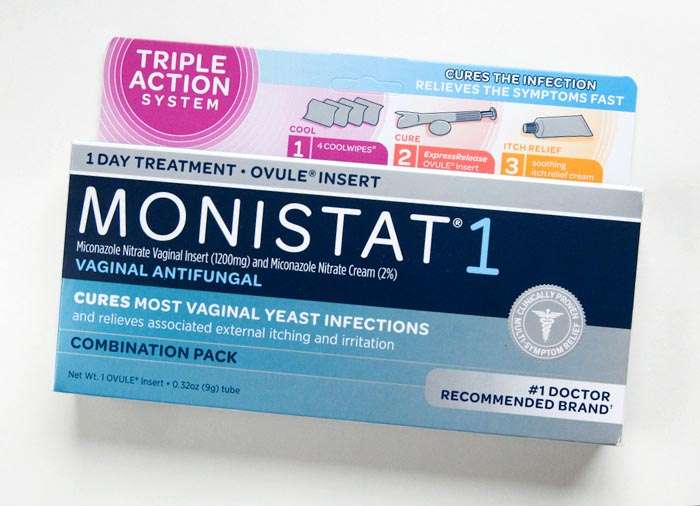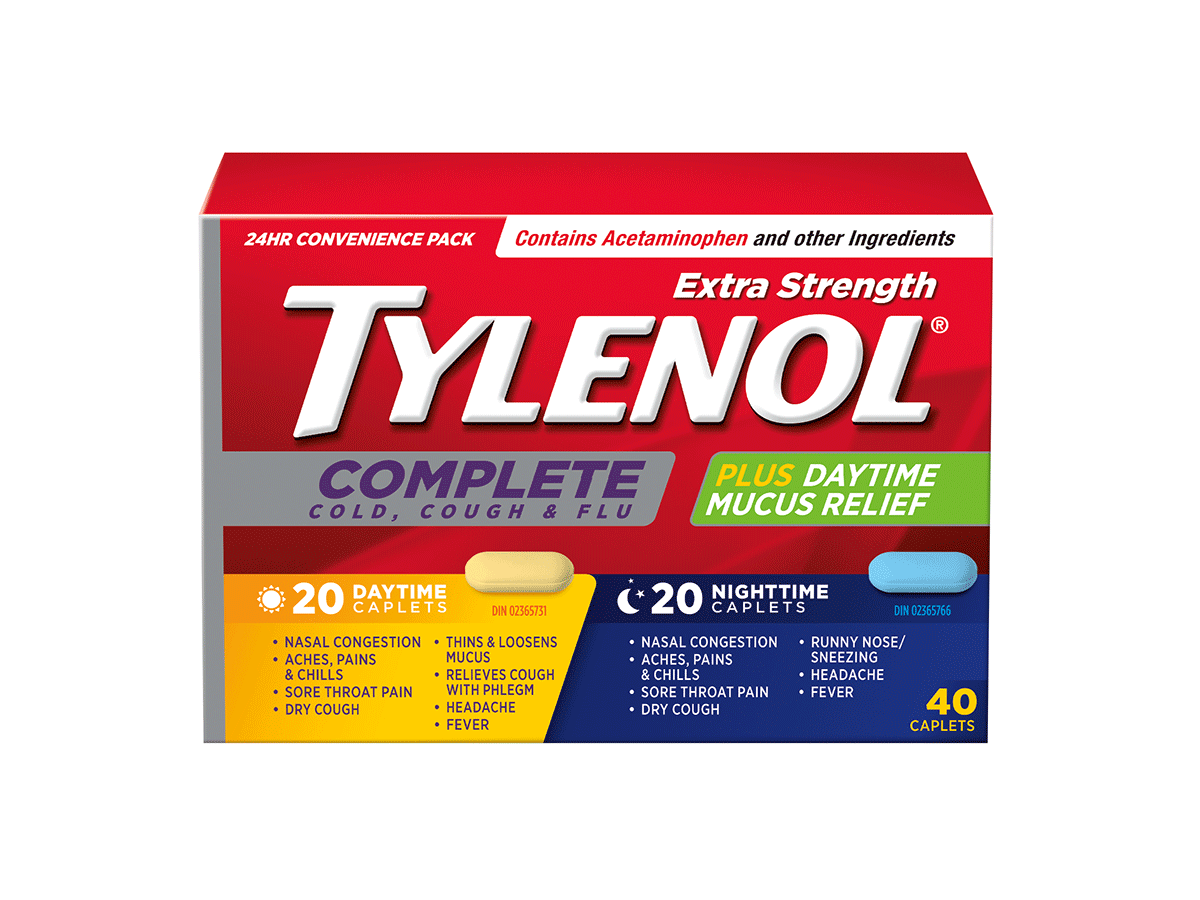

You do not need to douche, use feminine sprays or use soap inside the vagina. It is important for women to keep their vagina healthy. If you are pregnant or breastfeeding, talk to your health care provider before taking any medication.
#Best otc for yeast infection skin
Yeast infections on the skin are usually treated by applying an antifungal cream on the rash for several days. If symptoms do not go away or become worse after treatment, you should see your health care provider. Both types of treatments are available at the pharmacy without a prescription. Vaginal yeast infections can be treated with anti-fungal creams or suppositories that are inserted in the vagina.There is also a single-dose oral medication. Some infections are caused by other species of Candida that are not susceptible to over-the-counter antifungal treatments. If you are having frequent yeast infections you should see your health care provider. They can recur with or without treatment. Yeast infections can be uncomfortable but are usually not dangerous. In men, the infection can usually be diagnosed with a physical exam.

In women, a doctor or nurse can collect a swab of the discharge to diagnose the infection. If you have never had a yeast infection before or are unsure, it is important to see your health care provider or go to a sexual health clinic. Symptoms of a yeast infection in the genital area can be similar to other infections, especially some sexually transmitted infections (STIs). It is commonly found on the groin, scrotum or head of the penis. Men can get a yeast infection on the skin.

You can get a yeast infection without having sex.

About 90 per cent of cases are caused by Candida Albicans. CausesĪ yeast infection is caused by an overgrowth of yeast (Candida) that normally lives in the mouth, vagina and the rectum. Men can also get yeast infections on the skin (e.g. In women, vaginal yeast infections are very common. Rarely, yeast infections can be passed through sexual contact. These items can change the normal balance of organisms in your vagina.A yeast infection, also called candidiasis, occurs when there is an imbalance and overgrowth of the yeast called Candida. Yeast is normally found on the body and in the vagina in small amounts, but when it overgrows symptoms can develop. Don't douche or use powders, sprays, or perfumes in your vagina or on your vulva.The oil in some vaginal medicines weakens latex. But if you do have sex, don't depend on a latex condom or diaphragm for birth control. If you are using a vaginal medicine, don't have sex until you have finished your treatment.Change out of wet or damp clothes as soon as possible.Use plain water or a mild, unscented soap. Don't wash your vulva more than once a day.Relieve itching with a cold pack or a cool bath. Don't wear nylon or other fabric that holds body heat and moisture close to the skin. Don't use tampons while using a vaginal cream or suppository.If you use an OTC treatment, read and follow all instructions on the label. Ask your doctor about over-the-counter (OTC) medicines for yeast infections.Call your doctor or nurse advice line if you think you are having a problem with your medicine. Take your medicines exactly as prescribed.


 0 kommentar(er)
0 kommentar(er)
